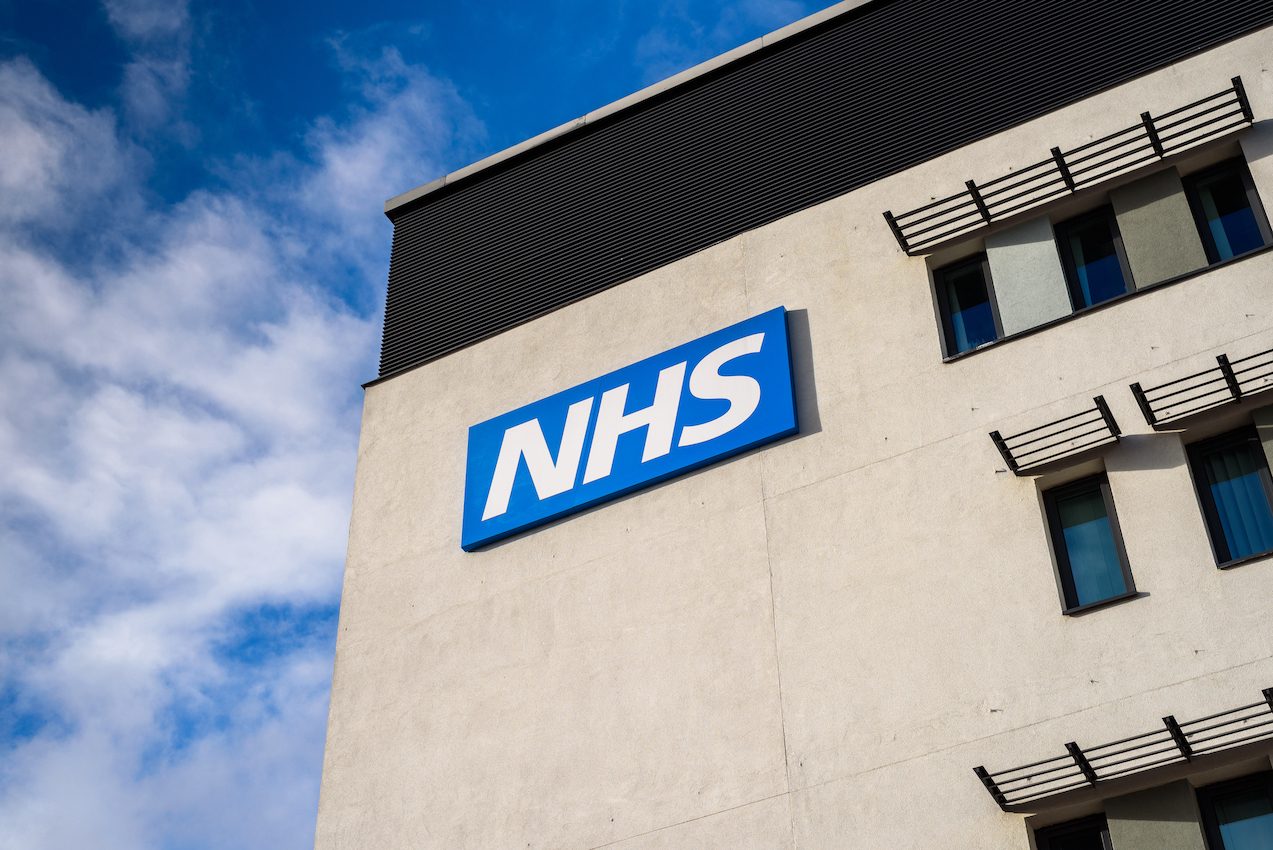A “great deal” of progress has been made on the NHS backlog and the government’s plan to reduce waiting times is “working”, the health secretary has said.
However, Steve Barclay did admit that the government had missed its target to eliminate 18-month waits.
It comes as there are around 7.3 million people on NHS waiting lists at present, the highest number since records began in August 2007.
Challenged on waiting times on Sky News this morning, Steve Barclay said “We cut it by over 90%. We’ve got it under 11,000 by the end of March. If you look at that, compared to Wales, where it was around 70,000 patients waiting 18 months in Labour-run Wales and we’ve got a population in England 18 times the size of Wales. So a huge amount of progress was made”.


He added that the government had missed its target “By a very, very narrow margin. … We know there’s a backlog from the pandemic. We cleared almost all the 78-week waits by the end of March. There was, as I say, just under 11,000 left. It shows the plan is working”.
The latest data shows the government’s target to virtually eliminate the number of people waiting for more than 78 weeks by April was missed by 11,161 people in March; although this was down from 29,778 at the end of February.
Prime minister Rishi Sunak has made cutting waiting lists one of his priorities for 2023, pledging in January that “lists will fall and people will get the care they need more quickly”.
With the NHS still hit by industrial action, the health secretary was asked when the last time he met junior doctors and nurses. Mr Barclay confirmed it had been a “couple of weeks” since he had met union representatives.
He said: “A couple of weeks ago, we had three weeks of talks with the junior doctors. I don’t think an offer of a 35 per cent pay rise is what your viewers would be receiving themselves”.
The next junior doctors’ strike will take place between 07:00 on Wednesday 14 June and 07:00 on Saturday 17 June, after the British Medical Association (BMA) union said a government’s offer of a 5 per cent pay rise was not “credible”.
Ministers have since insisted that pay talks could only continue if the strike was called off.
The BMA has been asking for a 35% increase to make up for 15 years of below-inflation rises.
Challenged that he needs workers on side to bring NHS waiting times down, Mr Barclay said: “We do, and that’s why we’re keen to work with them. … We want to work constructively with them. We hugely value the contribution that junior doctors make and we recognise the real pressures that they’ve faced as a consequence of the pandemic but also the pressures that the wider NHS is under”.
Mr Barclay was speaking today as the government launches a two-year pilot scheme to increase access to weight loss drugs and cut NHS waiting lists.
The prime minister has described the £40 million programme as a “game-changer”.
Ministers hope the scheme, which uses drugs like semaglutide also known as Wegovy, will help crack down on obesity and reduce pressure on the NHS. According to the government, obesity-related conditions cost the NHS £6.5 billion a year.
The health secretary told Sky News that obesity is a “real health challenge” as he confirmed that the Wegovy jab will only be prescribed to those with a BMI over 35 and another health condition.
Mr Barclay added: “We know that obesity is a real health challenge, 9 in 10 type two diabetics are overweight, the second biggest cause of cancer is obesity. For many people… it’s a real struggle to lose that weight and keep the weight off”.

